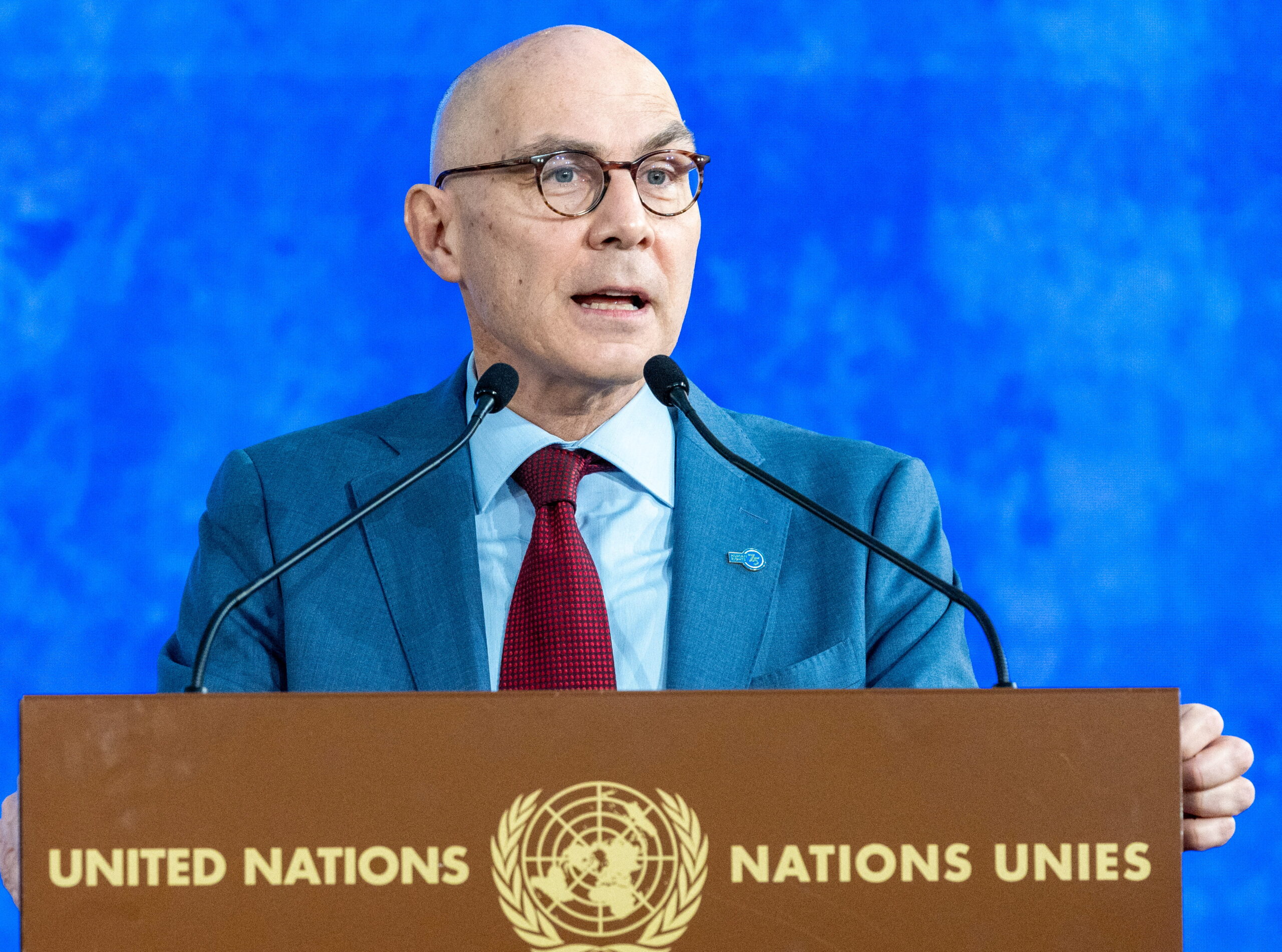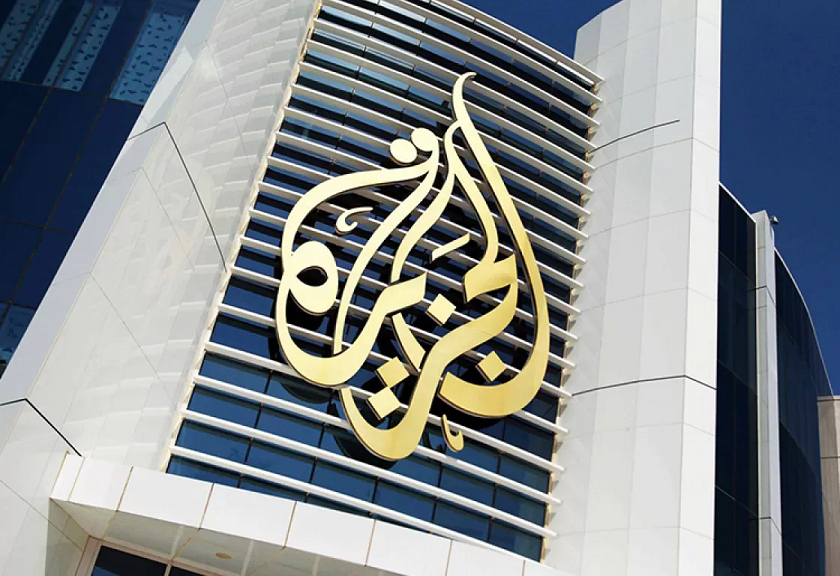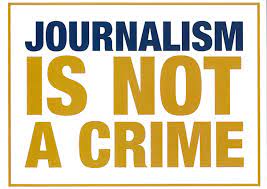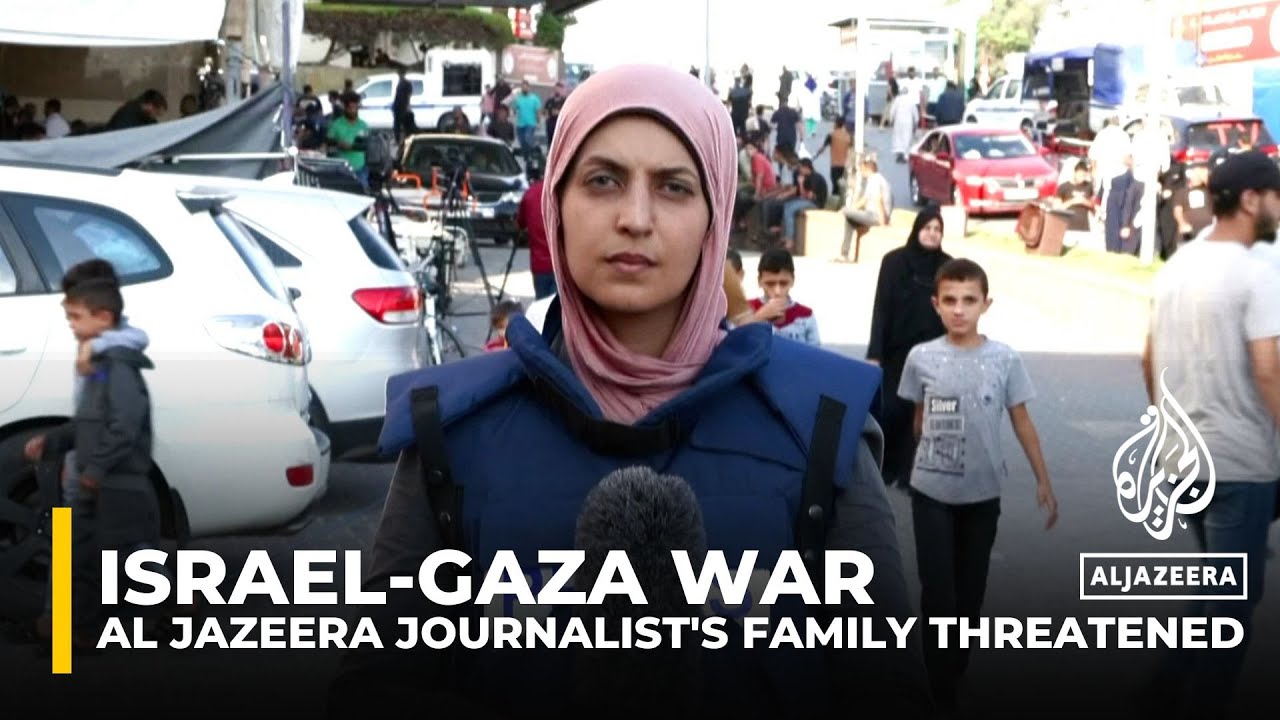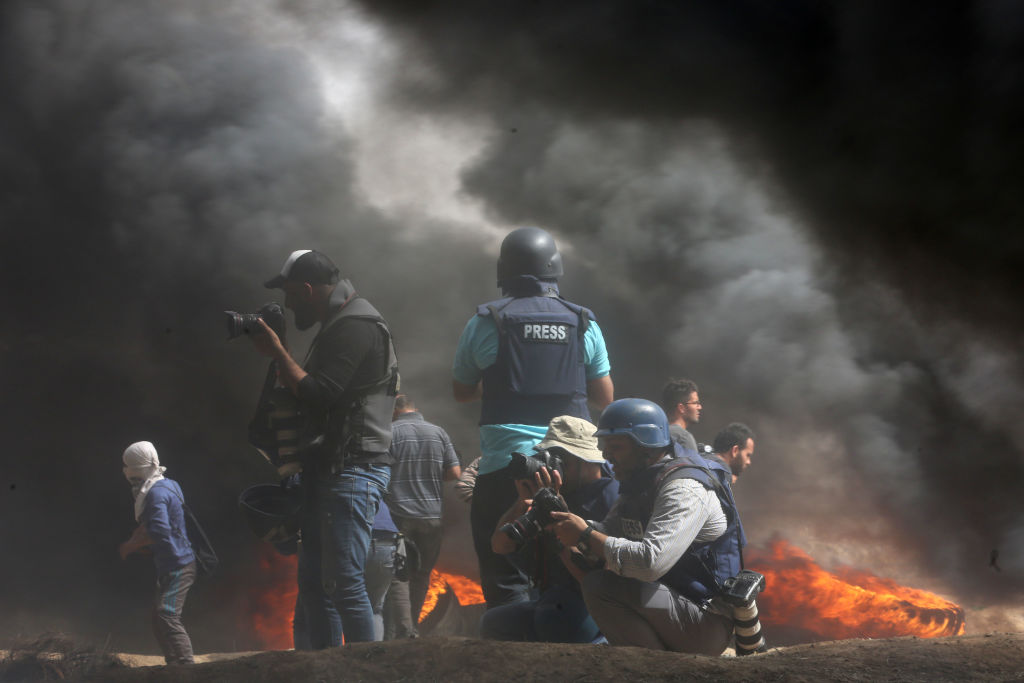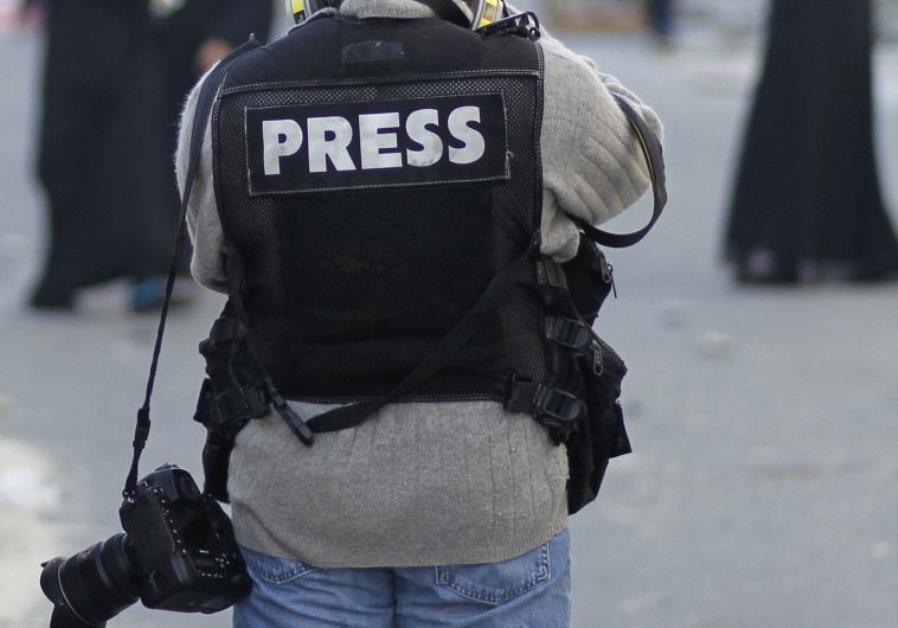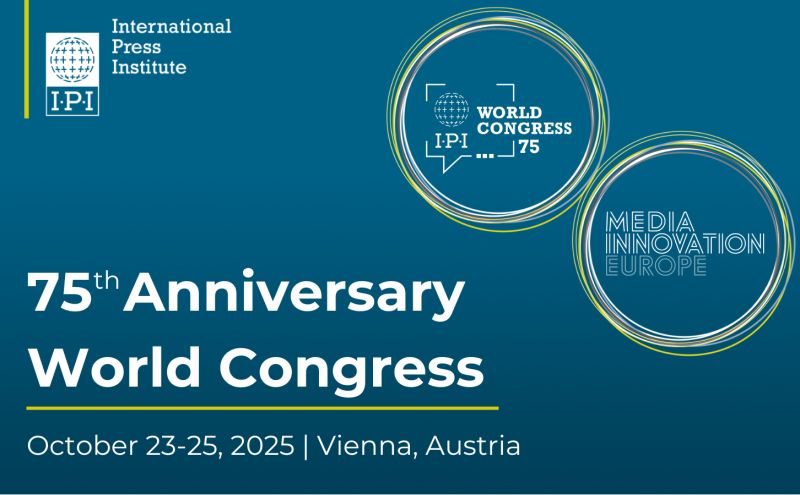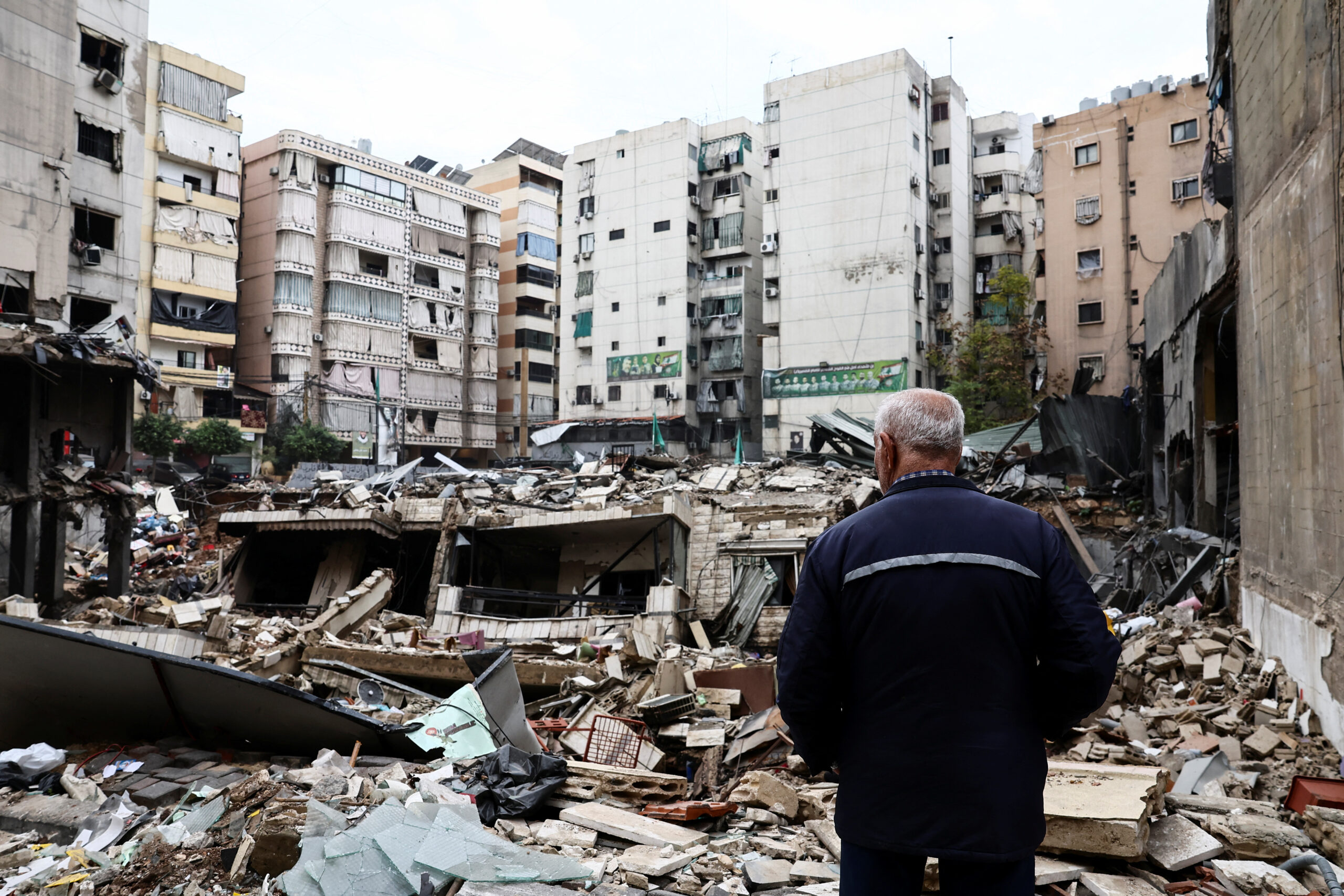Amnesty International: Dying culture of human rights in Zambia
![Zambian President Edgar Lungu [Reuters]](https://liberties.aljazeera.com/resources/uploads/2021/06/1624869888.jpg)
Zambian President Edgar Lungu [Reuters]
In a new report the rights group Amnesty International details how the rights to freedom of expression and peaceful assembly have come under increasing attack in Zambia over the past five years.
The report, Ruling by fear and repression, describes how opposition leaders and activists were being jailed and independent media outlets have been shut down.
Led by President Edgar Lungu Zambia’s ruling Patriotic Front (PF) has been in power since 2015 when it defeated the Movement for Multiparty Democracy (MMD). The MMD came into power in 1991 when it won the election against Kenneth Kaunda’s United National Independence Party (UNIP). Edgar Lungu will seek re-election on 12 August.
The report states that human rights have increasingly come under attack during the past five years of PF rule.
Despite the fact that the right to peaceful assembly is guaranteed by Article 21 of the Constitution of Zambia, over the last few years, the authorities have consistently undermined the right to peaceful assembly through the use of the Public Order Act (POA).
Hundreds of workers in the public sector have been dismissed under the guise of ‘retirement in the national interest’ allegedly for suspected links to the country’s main political opposition, the United Party for National Development (UPND).
Speaking to Al Jazeera, Muleya Mwananyanda, deputy regional director for research for Amnesty said: ‘A complete reset is necessary to hold people accountable. Mostly a leadership that shows true commitment to human rights.’
Violating media freedom
Critical media outlets such as The Post, Zambia’s leading independent newspaper between 1991 and 2016, and Prime Television, the leading private television channel established in 2013, have been shut down by the government over the last five years.
The government revoked the broadcasting license of Prime Television using a state institution, the Independent Broadcasting Authority (IBA). No specific reasons were given for the move, but the IBA stated that the action had been taken in the public interest, pursuant to the IBA (Amendment) Act of 2010 which empowers the body to ‘cancel a broadcasting licence in the interest of public safety, security, peace, welfare, or good order.’
Recommendations
Amnesty is recommending that the government of Zambia immediately end the crackdown on freedom of expression and on peaceful assembly.
Amnesty further recommends that the government take urgent steps to repeal Section 69 of the Penal Code and amend the Public Order Act to ensure that draconian requirements are removed, and it is compatible with international human rights standards.
“Zambian authorities must commit to respecting, protecting, promoting and ensuring full respect for human rights before, during and after the 12 August election. The government must also end impunity for past human rights violations,” said Deprose Muchena Southern Africa director of Amnesty.
Mwananyanda adds: ‘The international community must remind Zambia of its human rights obligations. Zambia is a signatory to the International Covenant on Civil and Political Rights as well as the African Charter on Human and People’s Rights. Zambia cannot go against the spirit of these treaties.’
- Most Viewed
- Most Popular


